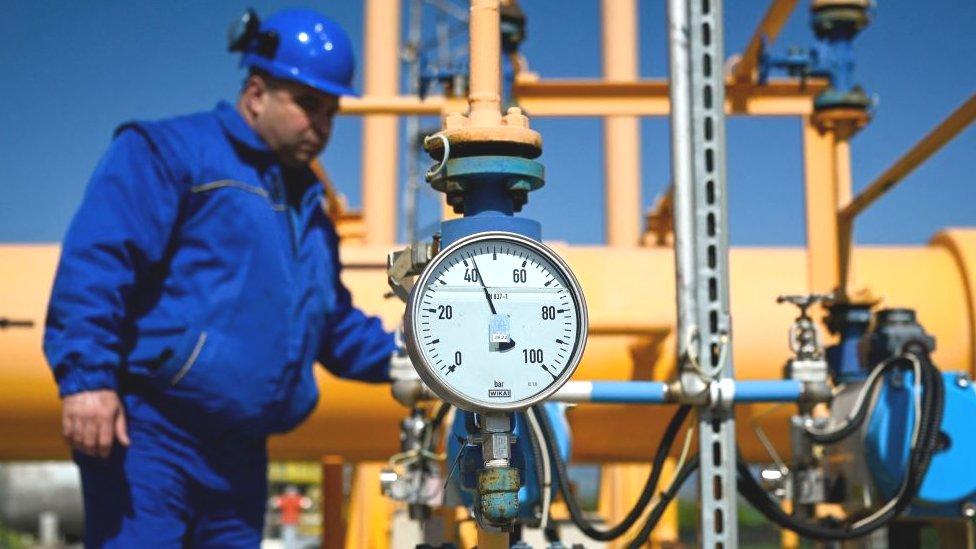EU faces awful winters without gas cap - minister
- Published
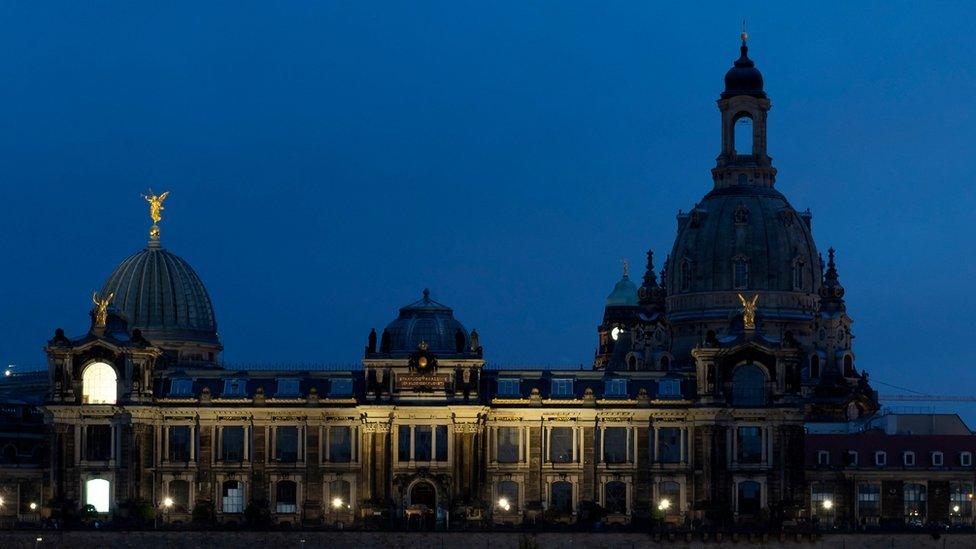
Facade lighting of the Frauenkirche, Church of Our Lady, is switched off to save energy in Dresden, Germany
European Union countries will face five to 10 terrible winters if nothing is done to reduce gas prices, Belgium's energy minister says.
Tinne Van der Straeten said gas prices should be frozen and not used to dictate the price of electricity.
EU states have been struggling with huge energy price hikes since key gas supplier Russia invaded Ukraine in February, triggering sanctions.
Countries backing Ukraine are trying to cut imports of Russian gas and oil.
Russia, which supplied the EU with 40% of its gas last year, has in turn restricted supplies.
As well as gas, electricity prices have reached record highs.
Natural gas is still widely used to generate electricity. Because gas prices have risen, this costs more.
Significantly, this price is used when buying electricity wholesale even when it comes from much cheaper renewable resources.
"We have to stop this madness that is happening right now on energy markets," Austria's Chancellor Karl Nehammer said.
"We cannot let [Russian President Vladimir] Putin determine the European electricity price every day," he added.
EU Commission President Ursula von der Leyen also criticised the method used to price electricity being sold on the EU market.
Speaking to reporters in Slovenia, she said the bloc was preparing "structural" emergency reforms that would tackle high costs - but did not give further details.
Germany - the largest importer of Russian gas in 2020 - has been racing to bolster its gas reserves before winter despite Russia cutting deliveries.
Its aim is to fill its gas capacity to 85% by October. It has implemented energy-saving measures to do so.
Economy Minister Robert Habeck said such measures - along with buying gas from alternative suppliers - had enabled Germany to fulfil its goal sooner than anticipated.
He estimated that the 85% target could be reached by the start of September.
Belgium's Prime Minister Alexander de Croo last week warned that people should "hope for the best and prepare for the worst".
And the French Prime Minister Elisabeth Borne told business leaders on Monday to submit energy-saving plans by next month - otherwise there could be rationing.
You may also be interested in:
Serious rationing of energy possible this winter, says IEA head.
- Published26 August 2022
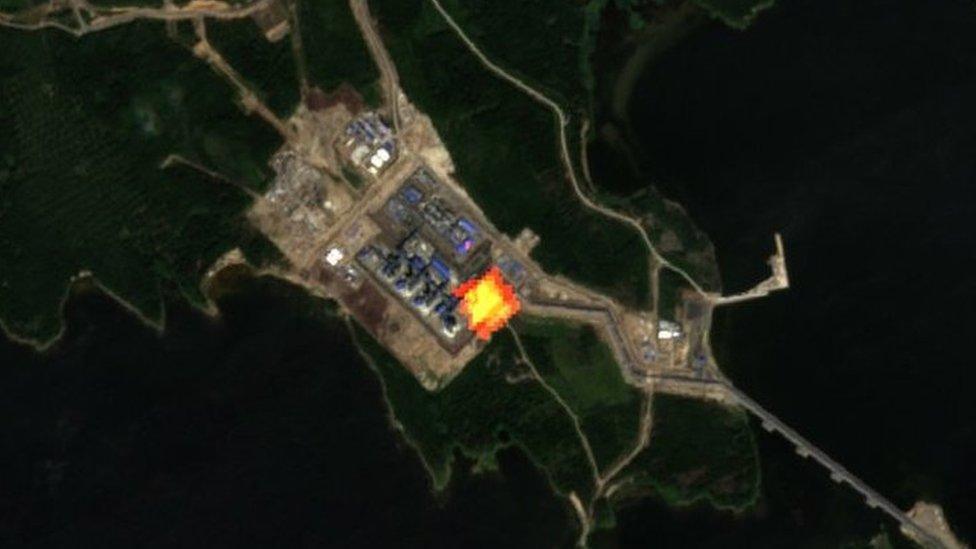
- Published24 August 2022
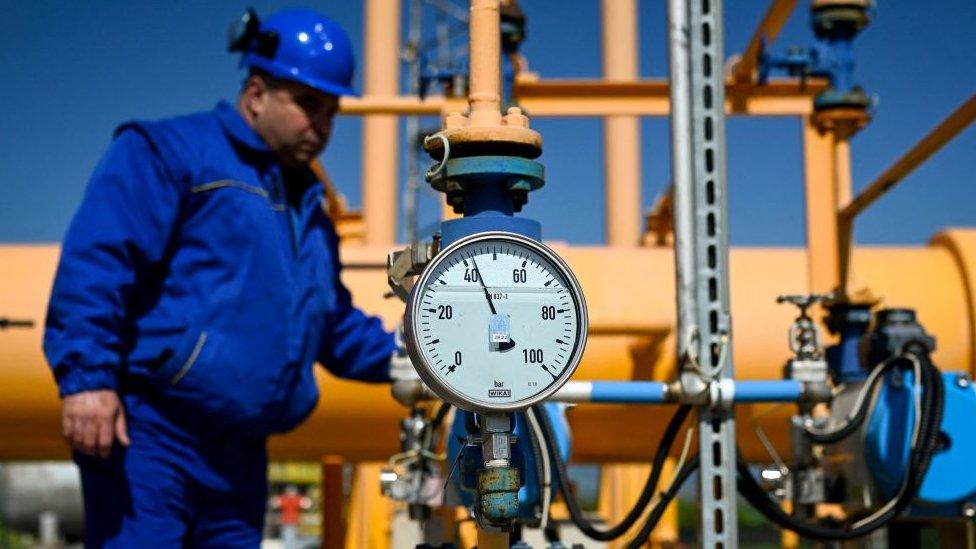
- Published26 August 2022
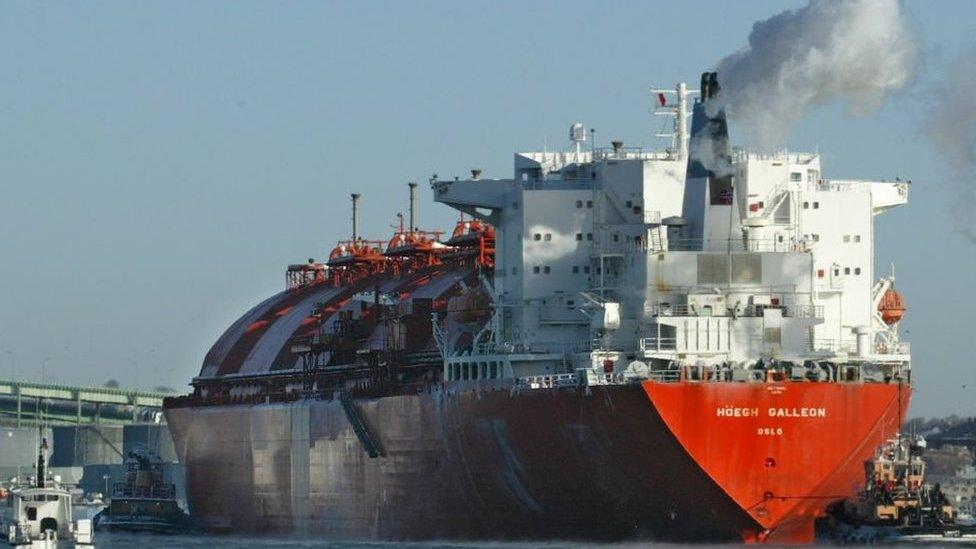
- Published26 January 2023
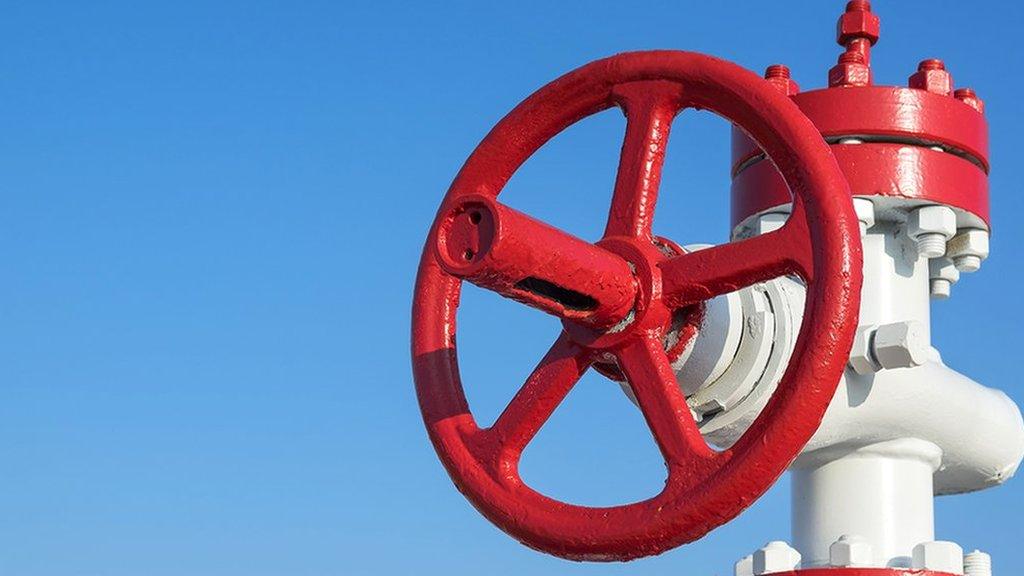
- Published29 September 2022
